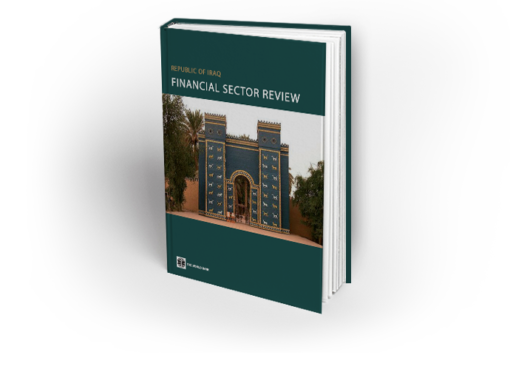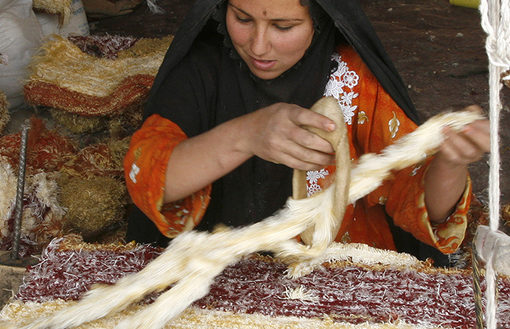Third World Quarterly
Iraq: Economic Consequences of the 1991 Gulf War and Future Outlook
Author(s): Abbas Alnasrawi
Source: Third World Quarterly, Vol. 13, No. 2 (1992), pp. 335-352
Published by: Taylor & Francis, Ltd.
Stable URL: http://www.jstor.org/stable/3992780
Accessed: 22-05-2015 09:39 UTC
On 2 August 1990 Iraq invaded Kuwait. This was followed by the freezing of Iraq’s assets in the industrialised countries and a United Nations comprehensive embargo on all transactions with Iraq. On 16 January 1991, a US led bombing campaign against Iraq was launched. The bombing of Iraq, which was both concentrated and comprehensive, led to the destruction of Iraq’s infrastructure
and the crippling of its economy. The Gulf War, which officially ended on 28 February 1991, was followed by an outbreak of a country-wide general uprising against the institutions and the authority of the Iraqi government and the ruling Baath Party. The breadth of the uprising and the manner in which the government suppressed it added to the woes of the country
To continue reading download PDF
Iraq Economic Consequences of the 1991 Gulf War and Future Outlook








Comment here